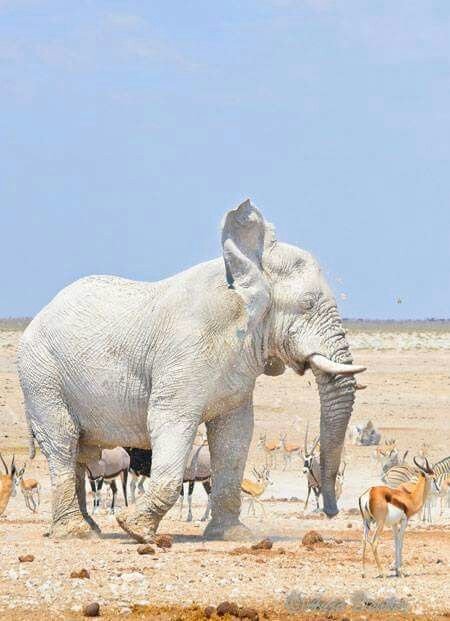White elephant
White Elephant
The term "White Elephant" has both literal and metaphorical meanings, used in different cultural, historical, and modern contexts.
🐘 Literal Meaning
A white elephant is a rare type of elephant with pale skin, often appearing light grey or pinkish rather than pure white. These elephants are not albino but possess a special genetic trait. They are considered sacred in several Southeast Asian cultures, particularly in Thailand, Myanmar, and Laos.
In Thailand, white elephants are symbols of royalty, prosperity, and power.
Thai kings used to keep white elephants as symbols of their divine right to rule.
These elephants are treated with great respect and luxury.
🏛️ Historical Significance
The term originated from the ancient Siamese (Thai) tradition, where a white elephant was considered a blessing.
However, because caring for such an elephant was extremely expensive and it could not be used for work, receiving one could become a burden rather than a gift.
💬 Metaphorical Meaning
In modern English, a "white elephant" refers to:
Something that is more troublesome or costly to maintain than it is worth.
For example:
A large, expensive building that no one uses.
A useless gift that’s expensive but not needed.
A government project that wastes money and resources.
🎁 White Elephant Gift Exchange
In Western cultures, "White Elephant" also refers to a fun party game where people exchange odd, funny, or unwanted gifts. It’s especially popular during Christmas and office parties.
Summary
Context Meaning
Cultural/Religious Sacred elephant symbolizing royalty (especially in Southeast Asia)
Historical Valuable but burdensome gift
Modern Metaphor A possession that’s expensive but not useful
Party Game Gift-exchange game involving quirky or humorous items
